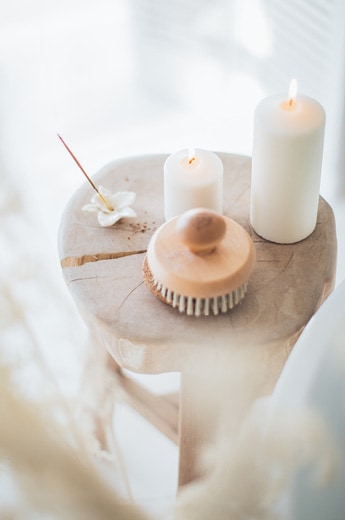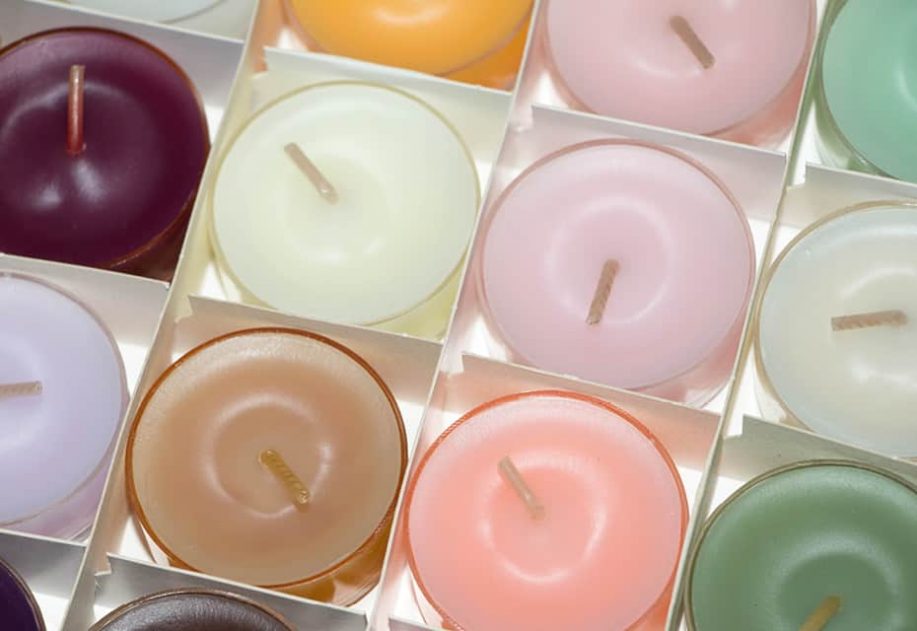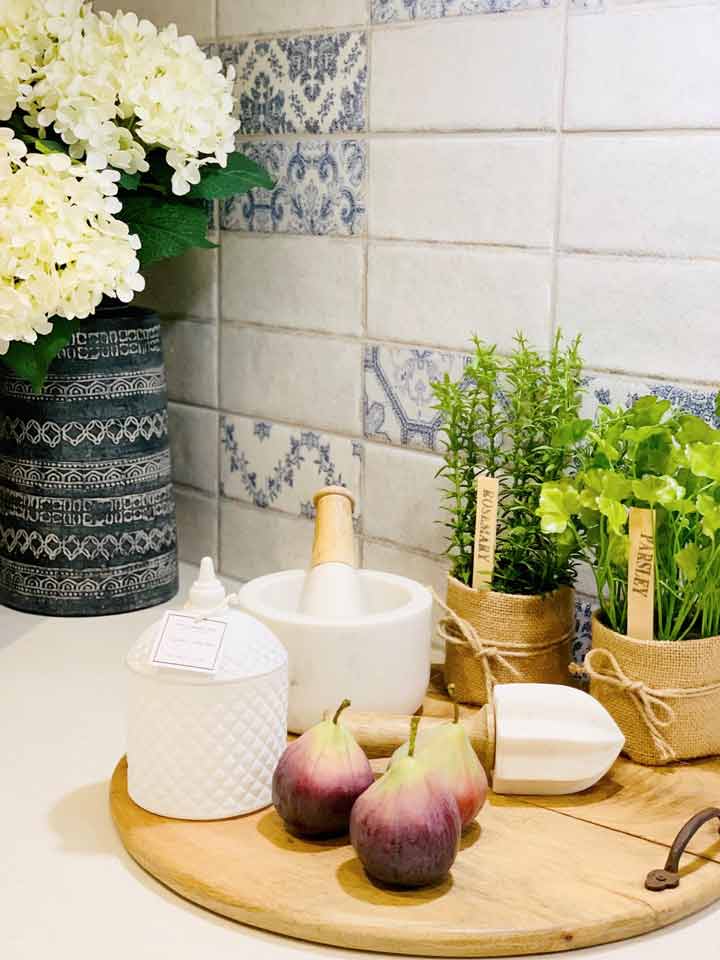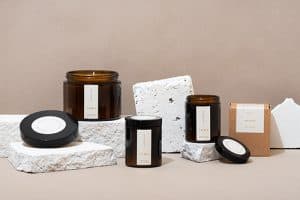Candle Making Regulations in Australia: All things Compliance
There’s nothing more likely to take the fun out of starting your own Candle business in Australia than government compliance and regulations. While it’s so, so important that businesses make sure they’re complying with relative industry standards, some industries can be more confusing than others. Unfortunately, this is the case for those in the Candle-making scene. Where do you turn for your information? What can you put in your candles? Are candle regulations synonymous on a global scale? Keep reading and find out.
We spoke with Candle-making expert and founder of Aussie Candle Supplies, Alex. As Aussie Candle Supplies is a nation-wide retailer, we thought who better to clear up compliance confusion than an industry expert who’s been involved in the scene for almost 20 years? Let’s get started.
What is Aussie Candle Supplies?
Alex told us that she started out making candles in her kitchen in 2003. No supplying, just simple candle-making. As Alex’s business began to grow, she noticed more and more customers enquiring about making their own candles – and thus, Aussie Candle Supplies was born. Now, in 2021 Aussie Candle Supplies has expanded to sell much more than candle supplies.
What is Alex’s role at Aussie Candle Supplies?
As the co-owner and founder, Alex’s role is really hands-on. She explained that she likes to get in, get dirty, and lend a hand wherever needed. While she handled the business’ accounting back in 2009, an upscaling of production has allowed her to take a step back and focus on different aspects of the business. She now spends her time helping out wherever needed, as well as answering customer queries on social media.
“Wherever there is a hole, we fill it.” – Alex, Aussie Candle Supplies.
Regarding Candle Making Regulations in Australia, what Scheme (like AICIS) can we check?
Unfortunately, specific Candle Making regulations in Australia are far and in-between other than what is already set out by the ACCC and the Australian Consumer Law / Trade Practices Act (including but not limited to). In fact, there aren’t any specific government schemes for candlemakers like AICIS for Soap Makers.
We asked about ANZCAL, who told us that they refer candle-makers to US guidelines. This is what Alex had to say; “…referring candlemakers to overseas guidelines can work in some instances but often we use different brands of waxes, fragrances etc. These all have bearings on how candles perform.”. It’s also important to note that the US has different metric terms, which can be confusing to candle makers just starting out.
Essentially, any information you read online needs to be taken with a grain (or large teaspoon) of salt. It’s just like learning anything, without the proper knowledge, you’re bound to develop bad habits.
So if there’s no clear-cut guidelines, how do I know if I'm following the legal requirements for selling homemade candles?
Alex mentioned that all kits purchased from their website come with detailed instructions. Not only this, but she told us that this information is available on their website on their learning pages, and blog posts. They even have a Youtube Channel where you can watch tutorials on creating Soy-based Candles. AUZi also has a blogs outlining how to start a Candle-making Business.
What’s most important, is checking out the ‘Charter of Responsibility’ page on Aussie Candle Supplies’ website. It outlines the candle-makers duty of care when creating candle products. It can prove to be a great checklist when starting out. For instance, If you want a quick example of what NOT to do, Apparently Alex has seen candle makers selling their candles without even having tested them. Talk about cojones!!
What’s the best advice you can give to somebody wanting to get into the candle making scene?
The most important thing, as explained by Alex, an aspiring candle-maker can do is seek out established and experienced industry experts. She continued that she has had to correct misinformation given to candle-makers on a daily basis. Even from people who are running workshops and courses.
While there currently aren’t any specific schemes for Candle Making in Australia, it’s important to remain vigilant and understand what the do’s and don’ts are.
“I’d like to see this part of the industry regulated, so teachers are required to have some sort of qualification… before they can start teaching others.” – Alex, Aussie Candle Makers.
An example of this, Alex explained, is “triple scented candles”. These have been marketed in such a way to trick candle-makers into thinking they can put triple the recommended fragrance into their candles. However, in reality, ‘triple scented’ simply relates to paraffin candles holding more fragrance than soy candles.
Another good practice to get into, as described by Alex, is transparency for your product. Rather than assuming (you know what they say about that…) your customers know how to burn and care for a candle, give them instructions.

Batch testing, what are your thoughts?
We thought Alex’s response to this was great.
“We believe that if you don’t do your own due diligence, you have no right making and selling candles.” – Alex, Aussie Candle Supplies.
This is completely true, and not just with candle-making. Neglecting to test your products doesn’t just lead to faulty batches, it can also put your customer’s health at risk. Sure, you can choose to put a $1 essential oil from woolies in your candle over one supplied from a candle supplier. Although, if you aren’t testing your product, you wouldn’t know that most cheap fragrance oils are flammable. That’s gonna lead to some issues.
What about Candle Containers, where’s the best place to get them?
Again, Alex reiterated that you should be seeking out reputable suppliers. Suppliers tend to research each option of glassware strenuously, and their testing processes are rigorous. You may be tempted to buy that super cute glassware set from your local op shop (gotta support local), but you just don’t know where it’s been.
“It only takes one hairline fracture in the glass for your candle to explode after it’s been burning for a while.” – Alex, Aussie Candle Supplies.
Lastly, Can you put Crystals and Dried flowers on Candles?
“We always recommend to the candle maker ‘NEVER’ to add anything to the candle except wax, wicks and fragrance. Glitter can be used on the top surface but if added to the wax it clogs the wick and does not burn correctly. Adding dried flowers is a recipe for disaster and it is only going to take one careless candle maker and one careless consumer for tragedy to strike. Candles are already one of the leading causes of house fires without adding combustible materials to the mix.
In our eyes dried flowers and crystals should serve as a decorative feature only and be removed from the candle before the candle is lit. Daily mail just wrote a story on an English woman who made $100,000 in a month with her ‘crystal infused’ candles. This trend is only going to become more popular.
I am doing more research on crystals so we can provide more information to our customers.” – Alex, Aussie Candle Supplies
At AUZi Insurance, we can insure you for Flowers/Crystals in your Candles. However, we strongly suggest attempting this at your own discretion and thoroughly testing your products before selling and distributing.

Long Story Short?
We can summarise everything Alex said to us down to something pretty simple. Research, research, research.
You’ll hear it time and time again, but it is absolutely important to know your product, what goes into your product, and the regulations surrounding your products – even if those regulations aren’t obvious.
Some industries have it better when it comes to resources available for them to check. Just because it isn’t as clear, doesn’t mean it isn’t as important. The onus is on you to be proactive. At the end of the day, you are the one who’ll be held accountable if anything were to go wrong. Alex’s Charter of Responsibility below should get you a head start.
- Check all glassware/containers thoroughly to ensure no damage or hairline fractures,
- Follow any recommendations on the amount of fragrance/dye to use,
- Test burn candles and keep a diary of burn times and burn characteristics,
- Make sure every combination of candles made are tested to ensure clean, safe burns,
- If any changes are made to a candle – if the wick size is changed, if the amount fragrance is changed or if the glass size is changed the candle needs to be tested again,
- Familiarise yourself with what constitutes a ‘safe’ burning candle,
- Educate yourself and provide education for your customers on safe burning practices,
- Avoid refilling glassware. You cannot be certain how the glass has been treated during cleaning or shipping,
- Provide written safety instructions on all products to prevent damage to property or person.
Besides this, you should be trawling the internet for every bit of information you can find. Facebook groups are your best-friend in this regard. Jump in some and start asking questions, you’ll quickly learn just how welcoming the Candle making community is, to new members or old! You should be constantly checking for any regulation changes (just pretend it’s that guy or gal from the gym you’ve been stalking on facey), and if you are unsure of anything… Literally anything, contact our knowledgeable Brokers (reachable by email, phone, or by tapping the live chat button on this page) for assistance.
Your Dedicated Contacts
Got a question? Call our Specialist brokers, Nicole or Tracy today on 1300 939 698 or email at mail@auzi.com.
More related posts.







